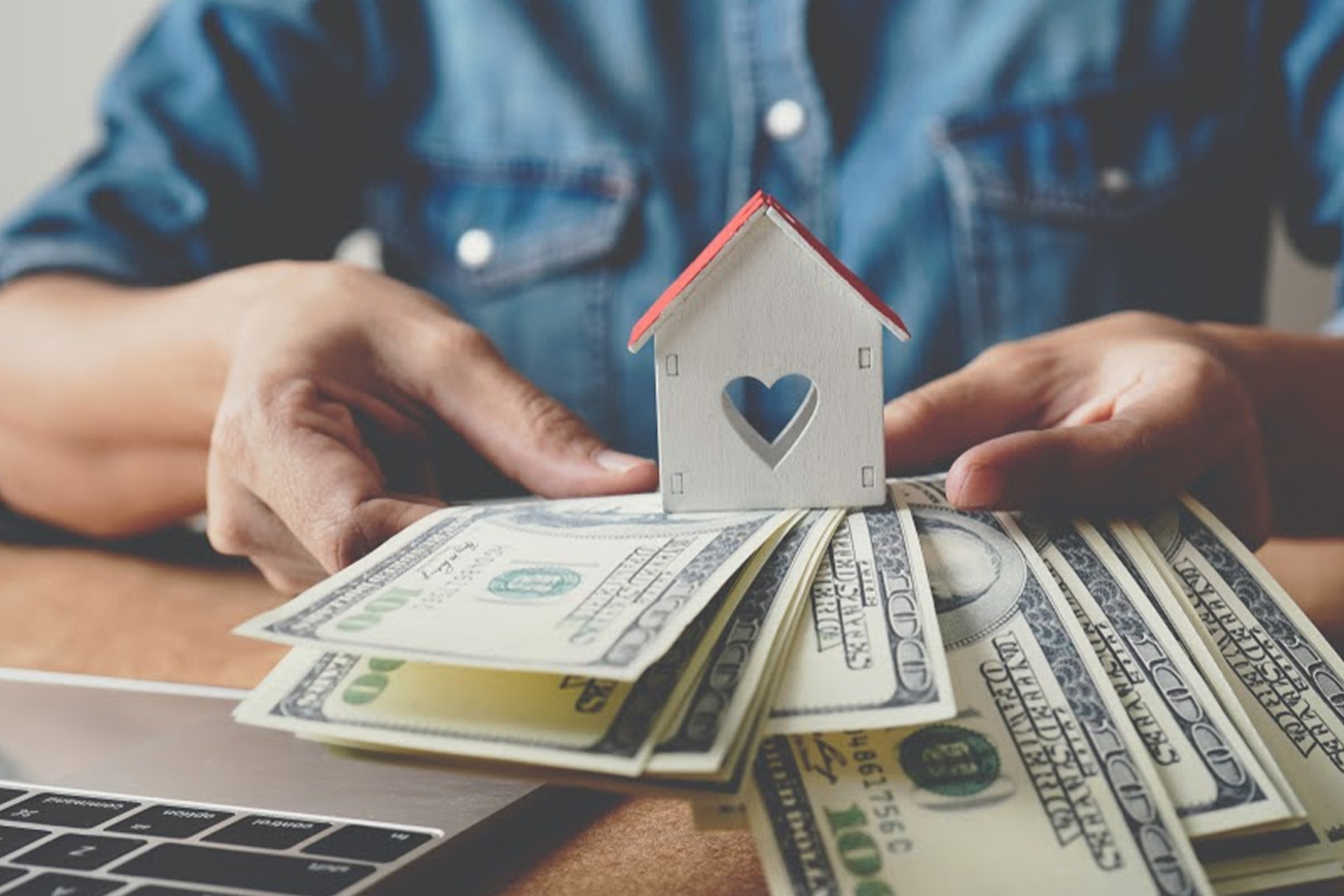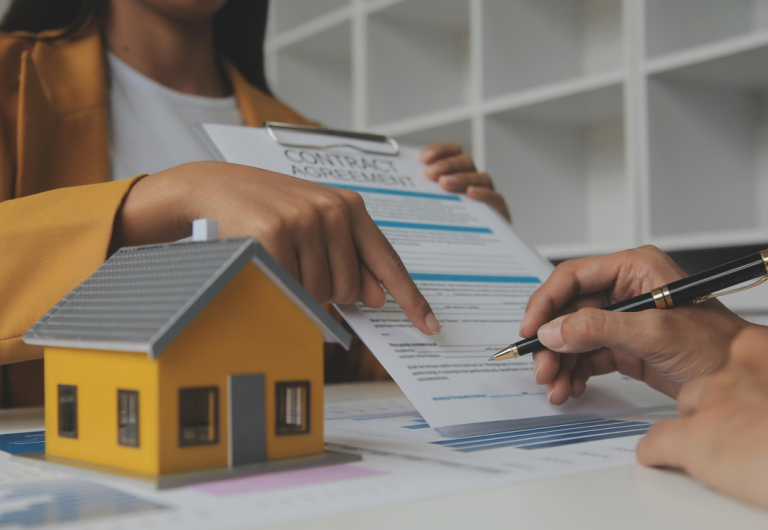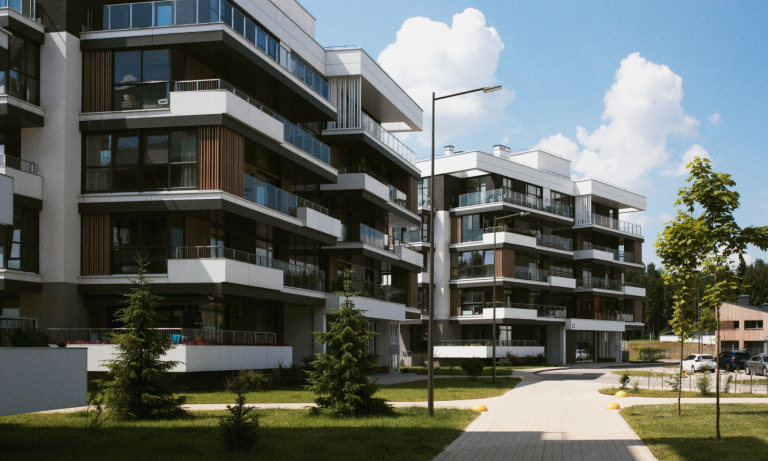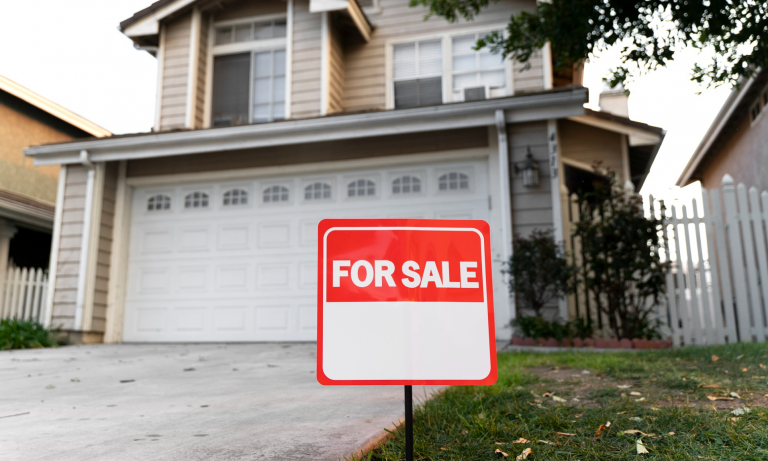Homeownership in South Africa need not be just a dream with some planning and decisive action
Ask any South African, from Gen Alphas to Boomers what they aspire to, and most will say they want to own property. Homeownership is a universal aspiration, for some it’s being able to paint their front door whatever colour they want (hands up you Millennials who’ve watched Notting Hill and want a blue door!), to Gen Alphas who want the biggest pool of all their friends so they can host the best pool parties (and think pools stay sparkly blue all on their own!), to Boomers who know that property ownership is the key to building wealth and leaving a legacy for future generations. It comes down to owning your own home or properties that can generate passive revenue for you over time.
Why does property ownership feel like an unattainable dream?
In a country with such high levels of income inequality, and a tumultuous political history still holding many back from where they believe they should be economically, there are many reasons for low levels of property ownership. The South African government has affected a few policy changes over the last thirty years to improve the property ownership rates. There are many factors that are out of their control, which means that this progress is steady but remains slow.
Property Price Pressure
The South African economy has seen property value grow excessively over the last 30 years, due to macro-economic factors such as high demand levels as experienced in the Western Cape. This has widened the inequality gap for many as properties remain unaffordable for a significant proportion of the population in the areas in which they’d like to live.
High Interest Rates (Relative to Non-Developed Nations)
Interest rate cycles also impact our ability to pay off long-term debt, which is realistically the only way much of the world’s population can invest in property as a way of generating future wealth. When rate cycles make it more affordable for South Africans to buy a home, the economy experiences a boom, only for this to reverse when rates increase and a surge in bad debts leads to many reversals of fortune and debt rehabilitation.
Risk-Averse Lending Criteria
The banking industry has experienced enough market crashes over the last three decades at global and local levels to inform market policies around lending specifically to facilitate homeownership while still granting credit responsibly. This has reduced the market’s appetite for risky and potentially unaffordable debt and made it only possible for truly viable credit customers to loan money for extended periods. Credit scores driven by responsible credit behaviour have become the de facto entry point into this industry, and this has driven away many potential entrants due to affordability constraints or simply no credit history.
Low Levels of Financial Literacy
All the above has further intensified the lack of financial literacy levels across the greater population, with many lacking the basic understanding of what drives good credit behaviour, effective money management and the risks one experiences when living beyond one’s means. The solutions to this are long-term and will benefit South Africans for generations to come.

How to attain the unattainable
Work Around Property Price Pressure
Now this one is largely out of our control, the macro-economic factors at play when it comes to the increase in property price increases mean we as consumers must accept prevailing prices. Some of the things that are under our control though are:
- In times of low (and reducing) interest rates and high property prices, it becomes more affordable to buy than to rent, and where the adage: it’s better to pay off your own bond as opposed to someone else’s through “cheaper credit” comes from. One significant advantage of buying a house is that it’s a passive way of creating equity for yourself. It is passive because whether you buy or rent, you must still spend money on a place to live. This money leaves your bank account every month, and is not discretionary, and therefore, why not derive some real value from spending it by investing in property?
- There are always suburbs adjacent to those we’d prefer to live in that are likely to be more affordable. This means that we need to broaden our house hunt to a greater area and adjust our list of features possibly to find those houses we can afford in a bigger radius.
- When property prices make purchasing a house seem truly unaffordable, consider buying in a new development which may be priced more competitively to drive sales/demand. These properties also come with the benefit of not paying transfer duty, making the upfront home-buying cost more affordable.
- Another option is to look at some fixer-upper homes, if you’re inclined to do a renovation on a property and benefit from being able to create/add value to a property in an affordable way if you have the skills yourself or contacts to do it for you.
Utilise Interest Rate Cycles to Your Benefit
Credit will hopefully continue to be more affordable over the next eighteen to twenty-four months as we continue in the current rate cycle we’re currently experiencing. This means that it should become easier to get a home loan, as monthly instalments are more affordable at lower rates. Prospective homebuyers still need to calculate their affordability and only shop for houses within a defined range, so as to protect themselves for the eventuality when rates increase and they’ll feel the pressure to meet all (rising) expenses and debt repayments.
If this affordability calculation points to you needing additional income, consider buying a home with your spouse, and including their income (if regular and you have payslips for it) into your pre-approval calculation. Consider too if you’d buy a home with someone who you aren’t married to, possibly a partner, sibling or parent. Read here for more information on co-buying a property.
Know and Manage Your Credit Score
Homeownership is a very viable possibility if you stay on top of your credit score through regular monitoring and the awareness of how you can positively impact this number.
Banks use credit scores to assess the risk of lending money. It’s a reflection of your financial history and behaviour, helping to determine whether you’re likely to pay back the loan regularly and on time. A higher credit score means lower interest rates, better loan offerings and more favourable terms.
There are some simple ways of improving your credit score to make yourself a more viable credit customer to the banks:
- Build a credit profile if you don’t have one. This requires you to take out low risk credit and pay the minimum instalment on this monthly. This will show banks that you can handle your money in a responsible way and your credit score will reflect this.
- If your score could improve, you’ll need to work out how to pay off your most expensive debt and consolidate these payments in the most affordable way. This again is looked at favourably by the banks, as it indicates that you’ve seen the need to handle your finances more responsibly.
- Where possible, reduce your reliance on credit in the short term if you want to be able to take out a home loan. This means cutting down on unnecessary expenses and re-looking your monthly budget to see how you can pay off your existing debt quicker, while not taking out more. Read up for more info.
Know What You’re Signing Up For
Taking out a home loan to buy property is a big and long-term commitment, and not one to be taken lightly. Understanding what long-term debt means for you is critical before signing any offers to purchase on a home. Most of what you need to know is available here, but chatting to our GetGo Home Loans Specialists is a great place to start if you have any questions.
So, there you have it. It is possible to become a homeowner in South Africa. Just remember, doing the prep work upfront and controlling as much as you can of this process is critical. Start with a home loan pre-approval or simply talk to one of our GetGo Home Loans Specialists and let us help you own a home of your own!










































